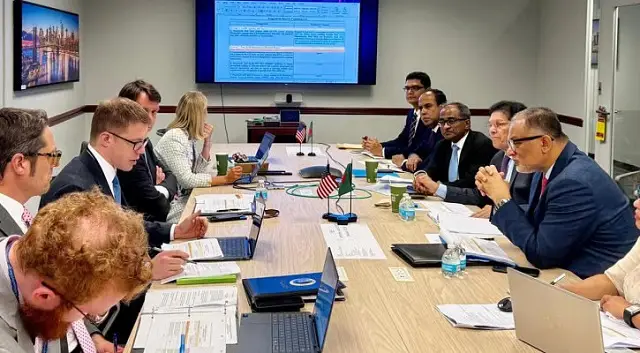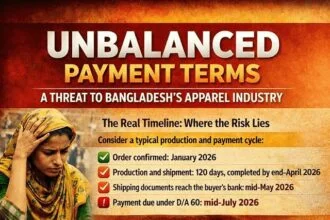The United States has signaled a possible reduction in the 35% tariffs recently imposed on Bangladeshi exports, according to Bangladesh’s Commerce Secretary Mahbubur Rahman, following a high-level meeting between the two countries’ trade representatives.
Speaking to reporters on Tuesday, Rahman said discussions held on July 29 with the United States Trade Representative (USTR) were “productive,” and signs of flexibility had emerged. “We have received positive indications from the USTR. A significant reduction in the tariff rate is possible, although the final figure has not yet been confirmed,” he said.
The talks mark the third round of negotiations aimed at resolving the tariff dispute that began after former US President Donald Trump announced sweeping tariff hikes on 14 countries earlier this month.
The Trump administration’s letter to Bangladesh’s Chief Adviser Muhammad Yunus, published on Truth Social on July 7, stated that Bangladeshi exports to the US would be subject to a 35% tariff starting August 1. This was a slight rollback from the 37% initially floated, yet still significantly higher than Vietnam’s 20% rate, secured under a recent bilateral trade agreement.
Officials familiar with the matter said Bangladesh is pressing for tariff parity with Vietnam, one of its key competitors in the ready-made garment (RMG) sector, which accounts for over 80% of Bangladesh’s exports.
The virtual meeting—held at 3:30am Bangladesh time—included Bangladesh’s Commerce Adviser Sheikh Bashir Uddin, National Security Adviser Dr Khalilur Rahman, Commerce Secretary Mahbubur Rahman, and Additional Secretary Dr Nazneen Kawshar Chowdhury. The US delegation was led by Assistant USTR Brendan Lynch, supported by senior trade and tariff officials.
The negotiations were facilitated by the Bangladesh Embassy in Washington, D.C.
Sources close to the talks said discussions were “intense but constructive,” with the US side open to revisiting tariff levels in light of Bangladesh’s recent compliance improvements on labor rights and environmental standards.
In his letter, Trump warned against reciprocal tariff actions: “If for any reason you decide to raise your tariffs, then, whatever the number you choose to raise them by will be added onto the tariffs that we charge.”
Despite the confrontational tone, USTR officials have reportedly shown interest in maintaining stability in South Asian trade flows, particularly amid global supply chain shifts and rising tensions with China.
Commerce Secretary Rahman noted that further meetings are scheduled over the next two days. “We remain optimistic,” he said. “Our goal is a fair and balanced outcome that supports both our exporters and the long-standing US-Bangladesh partnership.”
Bangladesh’s business community has expressed concern over the potential fallout of high tariffs, warning of declining export competitiveness and job losses in the textile and apparel sector, which employs over 4 million workers.











